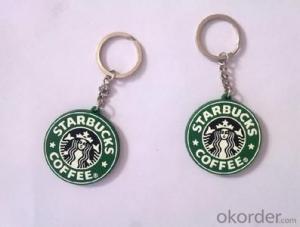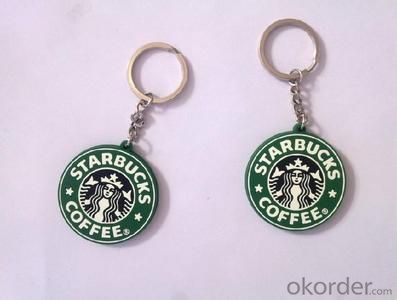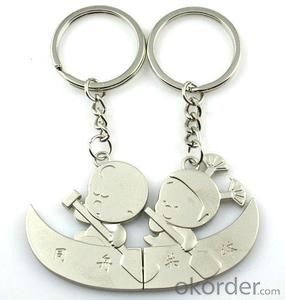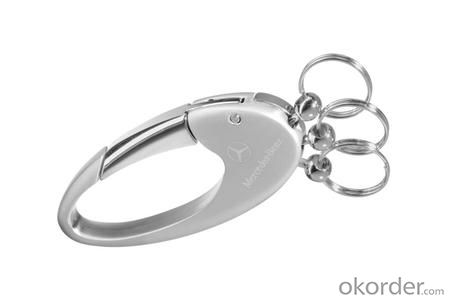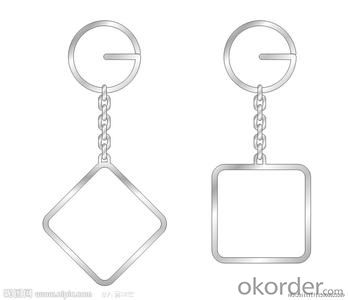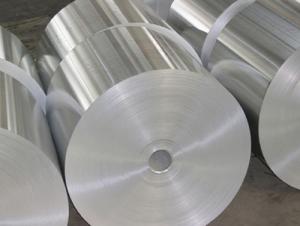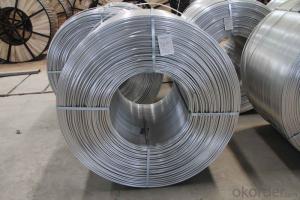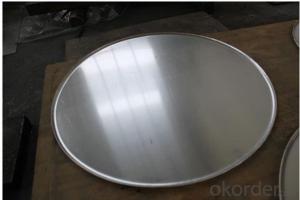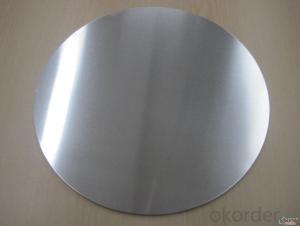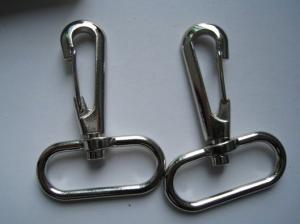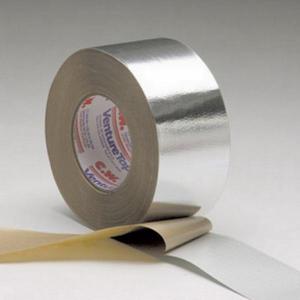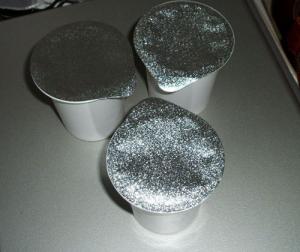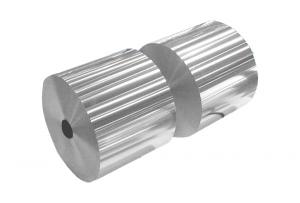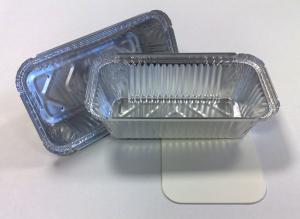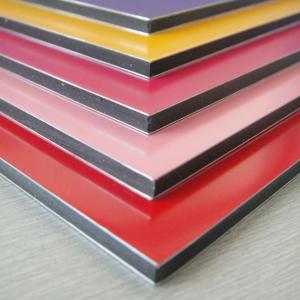Aluminum Key Chain Swivel Bolt Snap Hook
- Loading Port:
- China Main Port
- Payment Terms:
- TT OR LC
- Min Order Qty:
- -
- Supply Capability:
- -
OKorder Service Pledge
Quality Product, Order Online Tracking, Timely Delivery
OKorder Financial Service
Credit Rating, Credit Services, Credit Purchasing
You Might Also Like
Packaging & Delivery
| Packaging Detail: | one piece per polybag or any special packaging with design is available to us |
| Delivery Detail: | Usually 45 workdays (depends on your requirement) |
Specifications
Key Chain Aluminum or zinc alloy Swivel Bolt Snap Hook
1.easy thumb-lever to open
2.Eco-friendly materials
3.full swivel eye
Product Description
Basic Information
| Material | Zinc Alloy | ||||
| Color | Any Metal Color You Want to Plate | ||||
| Eye Shape | D-Shaped, Rectangular, Round and Customized Shapes | ||||
| Size | Any Size You Require and Customized Sizes | ||||
Time
| Sample Time | 3-7 Days |
| Delivery Time | Within 20 Days (Subject to Order Quantity and Design) |
Payment
| Payment Term | T/T (50% as deposit,50% balance before shipment) |
| Price Term | EXW, FOB, DDU,DDP,CIF,CFR |
| Price Valid Period | 60 Days |
Packing: 1pc/opp,50pcs/polybag; 1000pcs/ctn / gift box is also available
MOQ: 1000pcs for existing design & 500pcs for customization
- Q: This question asks about the impact of aluminum on human health.
- <p>Aluminum is a naturally occurring element that can be found in small amounts in various foods, water, and air. While it's not considered an essential nutrient, it's also not inherently harmful in small quantities. However, excessive exposure to aluminum has been linked to potential health concerns. Some studies suggest that high levels of aluminum might contribute to neurological disorders, particularly Alzheimer's disease, although the evidence is not conclusive. Aluminum can also cause digestive issues and bone disorders if ingested in large amounts. It's important to note that the human body does not absorb aluminum efficiently, and most ingested aluminum is excreted without issue. However, it's always advisable to minimize exposure to high levels of aluminum, especially for vulnerable populations such as infants and those with kidney issues.</p>
- Q: Does aluminum undergo corrosion when exposed to seawater?
- <p>Aluminum does not typically corrode in seawater due to its natural protective oxide layer. When exposed to air or water, aluminum forms a thin, dense layer of aluminum oxide on its surface, which prevents further corrosion. This passive layer makes aluminum highly resistant to corrosion in most environments, including seawater. However, under certain conditions such as in the presence of certain chemicals or extreme pH levels, the protective layer can be compromised, leading to corrosion. Generally, though, aluminum is considered a good material for marine applications because of its corrosion resistance.</p>
- Q: Is it possible to utilize recycled aluminum in the manufacturing of solar panels or wind turbines?
- <p>Yes, recycled aluminum can be used in the production of solar panels and wind turbines. Recycled aluminum is often used in the manufacturing process due to its properties such as low density, high strength, and excellent corrosion resistance. In solar panels, it can be used for the frame and mounting structures, while in wind turbines, it is commonly used for the construction of the turbine blades and other components. The use of recycled aluminum not only reduces the environmental impact of mining new aluminum but also contributes to the sustainability of renewable energy technologies.</p>
- Q: This question asks about the potential health hazards that can result from exposure to aluminum.
- <p>Aluminum exposure has been associated with several health risks, although the scientific consensus is not entirely clear due to varying study results. Some potential health risks include neurological disorders such as Alzheimer's disease, although this link is still debated. Aluminum may also contribute to bone diseases, as it can interfere with calcium absorption. There are concerns about aluminum's role in kidney dysfunction and possible links to certain types of cancer. However, it's important to note that the human body naturally excretes aluminum, and only a small fraction of ingested aluminum is absorbed. More research is needed to establish definitive links between aluminum exposure and health outcomes.</p>
- Q: What are the differences between Aluminum Oxide and Aluminum Alloy in terms of their properties and applications?
- <p>Aluminum Oxide and Aluminum Alloy are distinct materials with different properties and uses. Aluminum Oxide, also known as alumina, is a ceramic material with a high melting point, hardness, and electrical insulation properties. It's used in abrasives, electronics, and as a refractory material. In contrast, Aluminum Alloys are composites of aluminum with other elements like copper, magnesium, or silicon, which enhance their strength, corrosion resistance, and malleability. They are widely used in construction, automotive, aerospace, and packaging due to their lightweight and durability.</p>
- Q: Is it possible to use aluminum as a material for battery production?
- <p>Yes, aluminum can be used to make batteries. Aluminum-air batteries are a type of metal-air battery where aluminum serves as the anode and undergoes oxidation. These batteries have a high energy density and are environmentally friendly, as they produce minimal waste. However, they face challenges such as water sensitivity and the need for alkaline electrolytes, which limit their practical applications. Research is ongoing to improve their performance and make them more viable for widespread use.</p>
- Q: Is it possible to utilize aluminum in the construction of airplanes to enhance fuel efficiency?
- <p>Yes, using aluminum can make airplanes more fuel efficient. Aluminum is lightweight, which reduces the overall weight of the aircraft, leading to lower fuel consumption. Additionally, aluminum has good strength-to-weight ratio and is resistant to corrosion, making it a popular material in aircraft construction. However, it's important to note that the use of aluminum must be balanced with other materials to ensure structural integrity and safety.</p>
- Q: This question asks for examples of alloys that include aluminum as a primary component.
- <p>Aluminum is a versatile metal that forms several common alloys used in various industries. Some of the most common aluminum alloys include: 1. 1000 series, which is pure aluminum with a high percentage of aluminum content. 2. 2000 series, known for their strength due to copper content. 3. 3000 series, which are non-heat-treatable alloys with good formability and are rich in manganese. 4. 5000 series, characterized by their magnesium content, making them strong and resistant to corrosion. 5. 6000 series, which are heat-treatable and contain silicon and magnesium, offering good mechanical properties. 6. 7000 series, the strongest aluminum alloys, containing zinc as the primary alloying element. These alloys are widely used in aerospace, automotive, construction, and other industries due to their lightweight and strength.</p>
- Q: What are the primary applications and benefits of aluminum in various industrial sectors?
- <p>Aluminum is extensively used in the industry due to its lightweight, high strength, and excellent corrosion resistance. It is a key material in the aerospace industry for aircraft construction to reduce weight and improve fuel efficiency. In the automotive sector, aluminum is used for engine parts and body panels to enhance fuel economy and performance. The construction industry utilizes aluminum for window frames, roofing, and structural components due to its durability and low maintenance. Aluminum is also prevalent in the packaging industry for food and beverage cans, and in electrical applications for wiring and transformers due to its high conductivity. Its recyclability makes it an environmentally friendly choice, further enhancing its industrial applications.</p>
- Q: Explain the impact of aluminum on the transportation system when it is incorporated into automobiles.
- <p>Aluminum has a significant impact on the transportation system when used in automobiles. It is lightweight, which improves fuel efficiency by reducing the overall weight of the vehicle. This reduction in weight leads to lower emissions, as less fuel is consumed. Aluminum's durability and resistance to corrosion also contribute to the longevity of vehicles, reducing the need for frequent repairs or replacements. Additionally, aluminum's recyclability helps in reducing waste and conserving resources, which is beneficial for environmental sustainability. Overall, the use of aluminum in automobiles enhances performance, reduces environmental impact, and promotes a more sustainable transportation system.</p>
Send your message to us
Aluminum Key Chain Swivel Bolt Snap Hook
- Loading Port:
- China Main Port
- Payment Terms:
- TT OR LC
- Min Order Qty:
- -
- Supply Capability:
- -
OKorder Service Pledge
Quality Product, Order Online Tracking, Timely Delivery
OKorder Financial Service
Credit Rating, Credit Services, Credit Purchasing
Similar products
Hot products
Hot Searches
Related keywords
